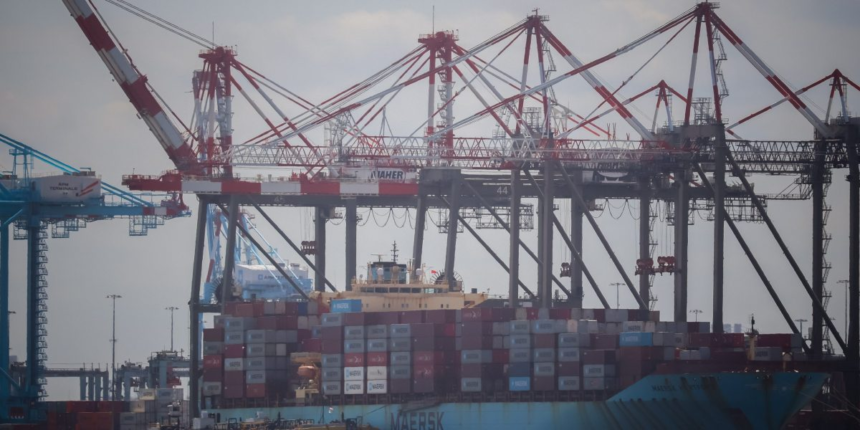Ratings agency S&P Global had some good news and bad news on the U.S. deficit outlook. The good news is that it won’t get much worse. The bad news is that it won’t get much better, either.
A key factor for the deficit forecast is President Donald Trump’s tariffs, which should help offset the impact of tax cuts and spending in the federal budget.
The outlook on the credit rating, which is a notch below the top AAA grade, remains stable because the deficit won’t muddy the picture.
“This incorporates our view that changes underway in domestic and international policies won’t weigh on the resilience and diversity of the U.S. economy,” S&P said in a statement. “And, in turn, broad revenue buoyancy, including robust tariff income, will offset any fiscal slippage from tax cuts and spending increases.”
S&P actually see some improvement in the deficit, which is expected to shrink to 6% of GDP from 2025 to 2028, down from 7.5% in 2024 and an average of 9.8% from 2020 to 2023. But that will not stop the total debt from soaring past record highs last seen during World War II.
Meanwhile, S&P sees GDP growth accelerating to an average pace of 2% in 2027 and 2028, from 1.7% in 2025 and 1.6% in 2026.
“The combined implementation and execution of the One Big Beautiful Bill Act, higher tariff revenue gains, and their effect on growth and investment will inform whether the fiscal trajectory improves or worsens,” S&P added.
So a lot is riding on tariffs. And given Washington’s reluctance to raise revenue via income tax hikes, analysts have pointed out an estimated $300-400 billion a year in tariff revenue would be too much to turn away, meaning levies are likely here to stay.
But so-called reciprocal tariffs are facing legal challenges that dispute their legal justification under the International Emergency Economic Powers Act (IEEPA).
“In such a scenario, people would be forced from their homes, millions of jobs would be eliminated, hardworking Americans would lose their savings, and even Social Security and Medicare could be threatened,” the officials wrote. “In short, the economic consequences would be ruinous, instead of unprecedented success.”
Considering how important tariff revenue is to the U.S. credit rating, what would happen if the reciprocal duties are struck down? Would the U.S. be downgraded? S&P didn’t respond to a request for comment.
Meanwhile, not everyone is as sanguine about tariffs as S&P and the CBO are. Fitch ratings also reaffirmed its AA+ U.S. credit rating last week—but sees deficits worsening despite the tariff revenue windfall.









